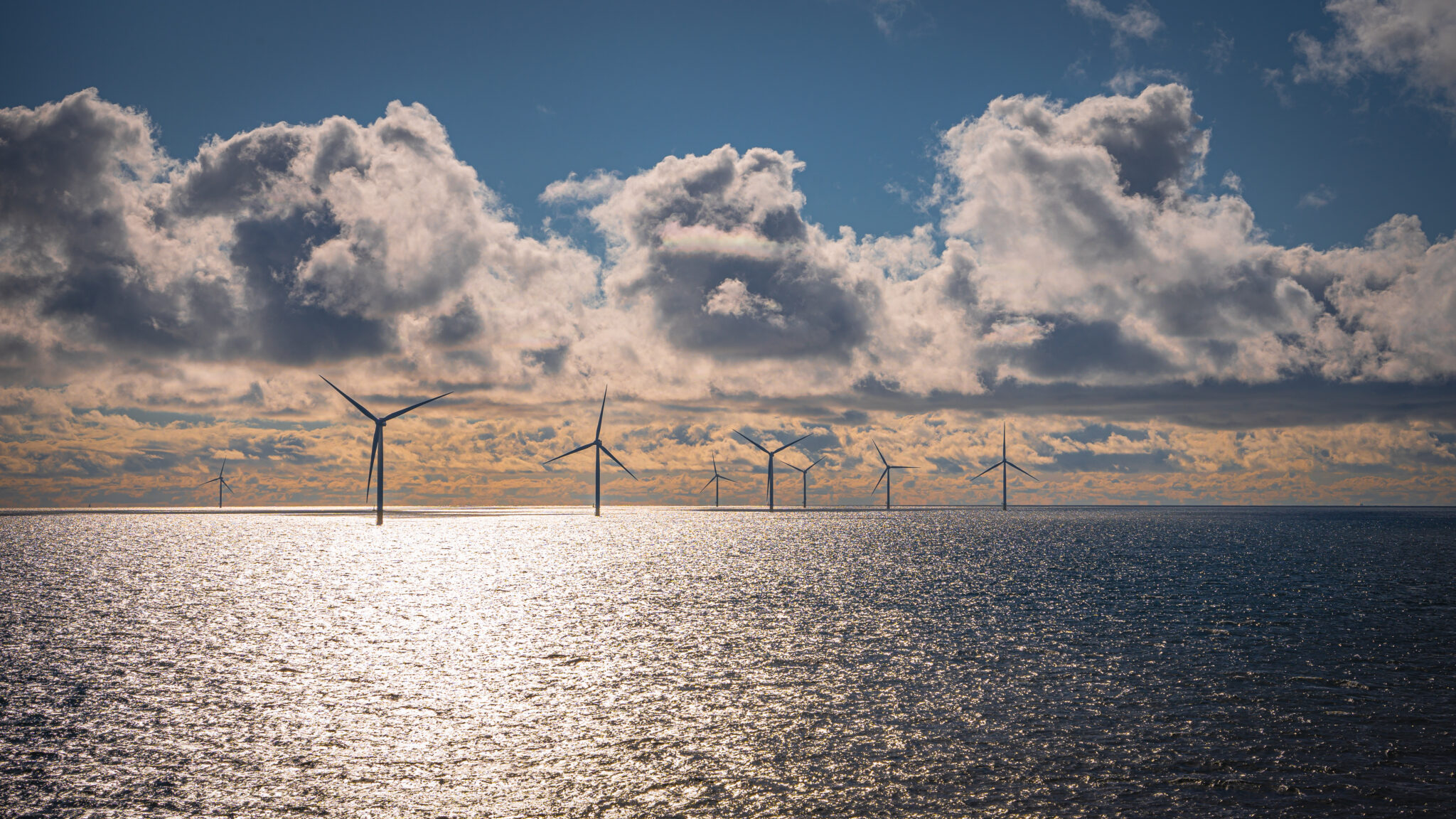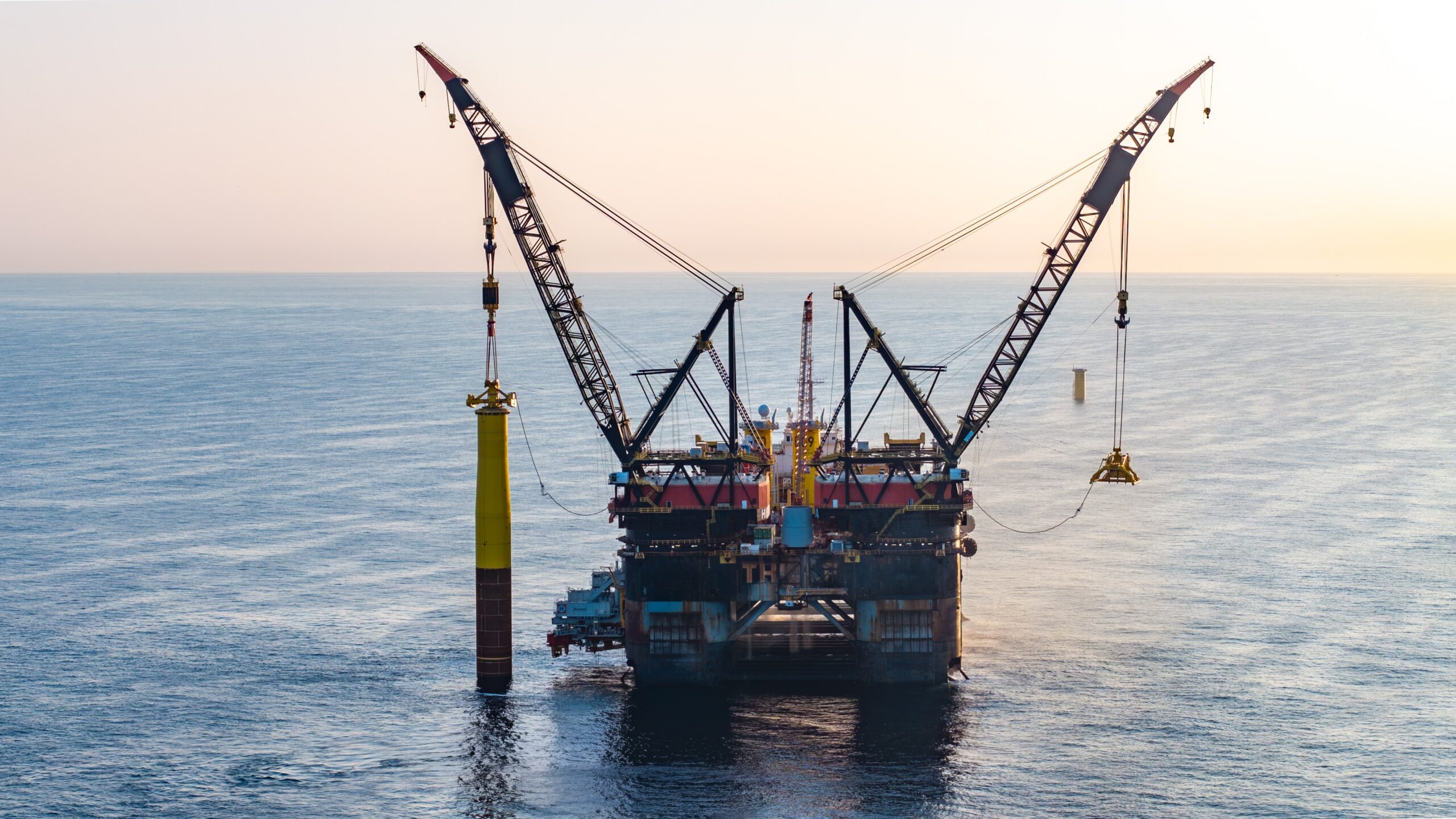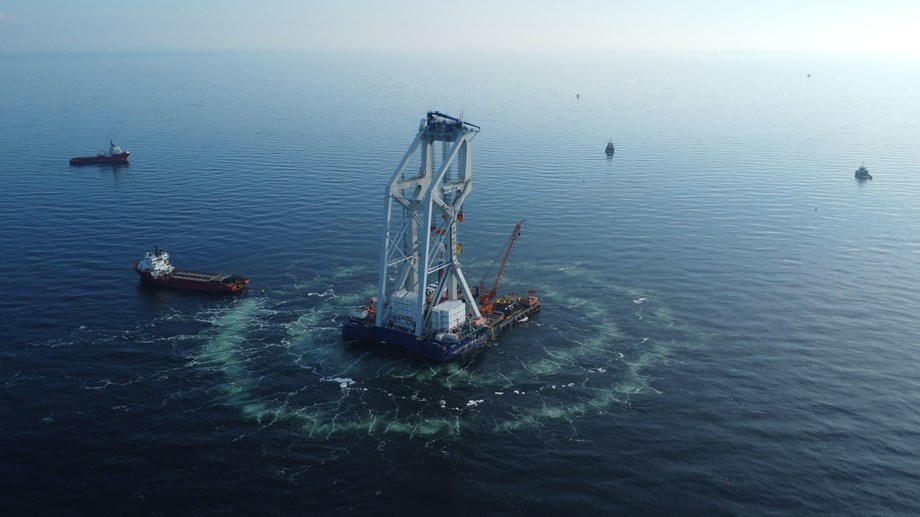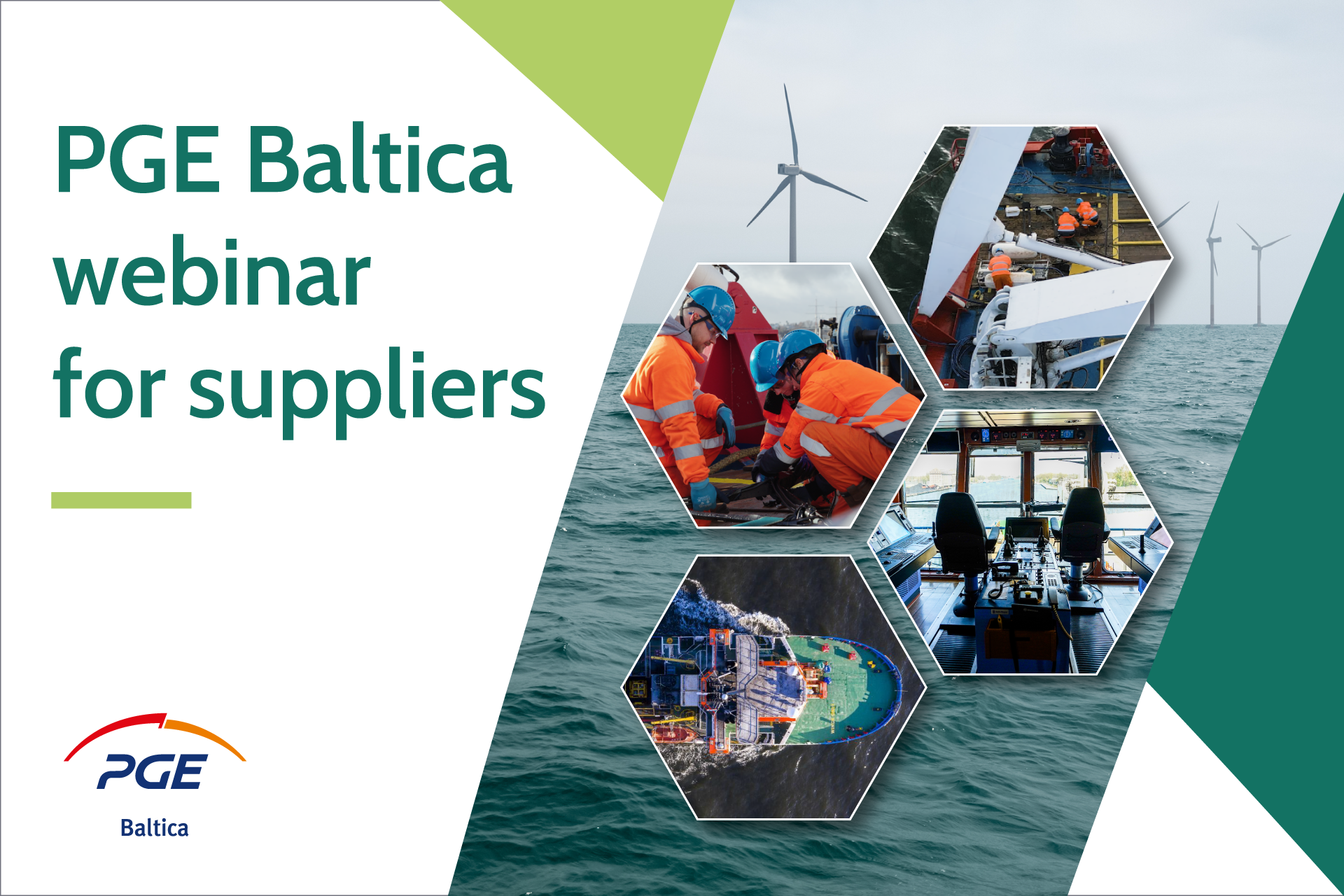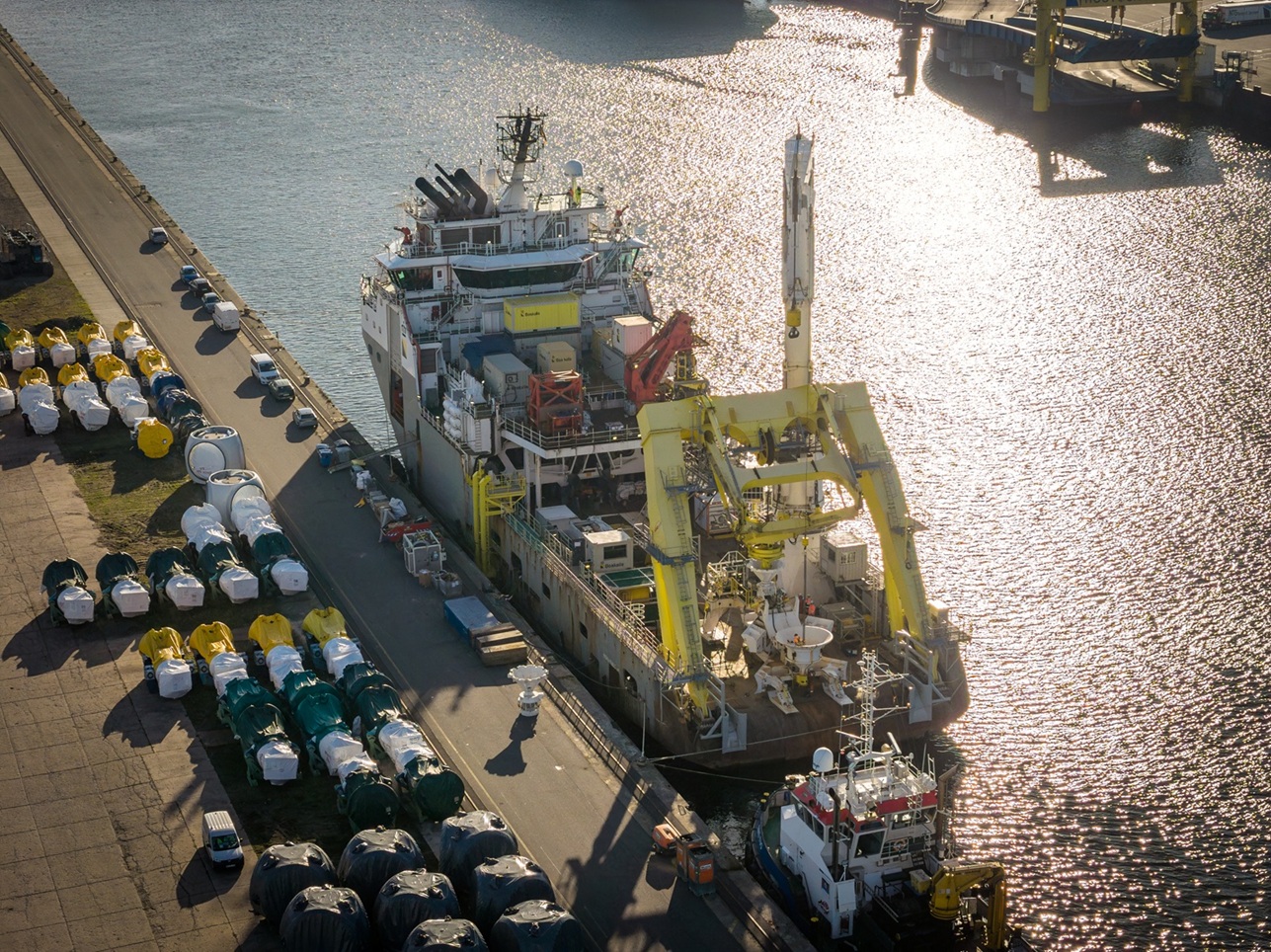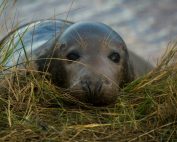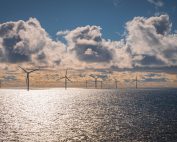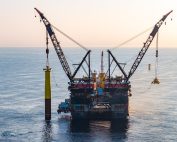The solutions were evaluated by an international jury, which selected the winners in three categories: the most advanced solution, the strongest idea, and the strongest team that showed progress from the idea stage to a prototype during the hackathon. The winners of each category were awarded a cash prize of 4000 EUR.
The Latvian team PurOceans won in the category «The most advanced solution», with their technology solution that cleans rivers and seabeds from 98% of oil and microplastic pollution. Team leader Alona Stepanova emphasizes the team’s participation in the hackathon: «Participation in this event was one of the best experiences we have ever had. The overall level of professionalism of the mentors was extremely high and all the ideas, thoughts and advice they shared were very valuable. We can thank them in advance for any future success we will have.»
The Latvian team DronePlan won in the category «The Strongest Idea». The team’s solution is to use automated drones to collect pollution data and provide automated system analysis for pollution mapping. Meanwhile, NPeter – a team of students from Lithuania formed during the event – won the award for the greatest progress from the idea to the sketch of the first prototype.
In total, six of the 11 hackathon teams came from Latvia. The team of RTU Institute of Radio Electronics EDAMARINE offered a unique modular system for repelling seals from fishing gear consisting of a mobile buoy with IoT support, a specially designed underwater speaker, a battery module with an innovative wireless power transmission system. BestGreenTeam worked on testing the sorption capacity of foam ceramic granule samples to evaluate the performance of the innovative product in collecting contaminants (spills) from natural waters. A team of researchers from the Latvian Institute of Hydroecology (LHEI) alge.lv studied the possibility of reducing excessive concentrations of nutrients – nitrogen and phosphorus – in the Baltic Sea. Seaweeds absorb nutrients and the removal of their biomass from the sea improves water quality and the condition of ecosystems. Currently, the team, which already has experience in experimental work in shellfish farming in the Baltic Sea, is planning small-scale experiments in algae growing, harvesting and pulp extraction in the LHEI laboratory. The startup Happy Fish introduced the participants of the hackathon to its innovative «Fat Manager» – a specially formulated bio-cleaner that is regularly dosed in sewer pipes with a team-developed dispenser to solve a well-known problem in food production and processing – fat accumulation in sewer pipes.
Within two days, the teams validated their solutions, improved business models, and consulted with 23 industry representatives, experts and business mentors from the three Baltic States. A total of 72 mentoring sessions were conducted over two days. The teams were consulted and evaluated by Tālis Juhna (Vice-Rector for Science of Riga Technical University), Daiga Vilkaste, (Head of the Nature Protection Department of the Ministry of Environmental Protection and Regional Development), Viesturs Zeps (Chairman of the Freeport of Riga Board) and Didzis Ustups (Head of the Fish Resource Research Department).
The event was attended by mentors from Riga Technical University Water Research Laboratory researcher Aigars Lavrinovičs, EIT RawMaterials Baltic Hub coordinator Brigita Daļecka, Freeport of Riga IT senior specialist Deniss Bickovs, Food Safety, Animal Health and Environmental Research Institute «BIOR» researcher Ivars Putnis, Riga Business School Viesturs Sosārs, Business Guest Lecturer and Mini MBA Innovation Management Program Manager, Aldis Greitāns, RBS MBA Program Manager.
The Digital Sea Hackathon took place for the first time in cooperation with three EIT Food centers in the Baltic region – AgriFood Lithuania DIH, Riga Technical University (RTU) and Tartu Biotechnology Park. The organizers invited researchers, entrepreneurs, experts in the field, technology developers and students from various fields to participate. More about hackathons and challenges: www.hackdigitalsea.lt
Hakaton was supported and challenged in Latvia by the Ministry of Environmental Protection and Regional Development, the Freeport of Riga Authority, the Latvian Maritime Academy, the Food Safety, Animal Health and Environmental Research Institute BIOR, and the Latvian IT Cluster. The event was also supported by the Lithuanian Ministry of the Environment and the Estonian Ministry of the Environment.
EIT Food is a knowledge and innovation community of the European Institute of Innovation and Technology (EIT), to which RTU joined in 2019, acquiring the right to establish an innovation and co-creation contact point or HUB in Latvia. By forging close links between consumers, businesses, start-ups, researchers and students from across Europe, EIT Food supports innovation and sustainable economic initiatives that increase access to quality food, improve the environment and health, create new jobs and increase Europe’s competitiveness.
Source: Riga Technical University



